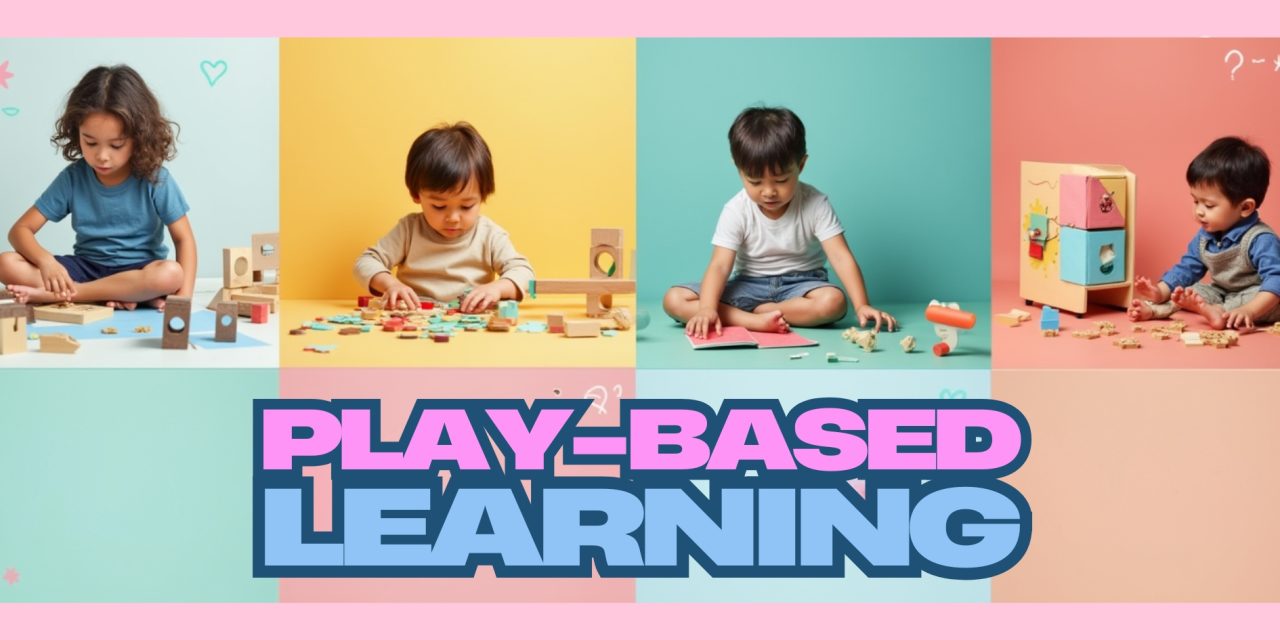Let’s face it—telling kids it’s time to learn is like telling them they can’t have dessert after dinner. Not exactly met with enthusiasm. But when you say “play time”? They’re all in.
Play-based learning is like the secret agent of education—your kids think they’re just having fun, but they’re secretly mastering skills that will make them future problem-solving pros. Who knew building a Lego tower could actually make them smarter? Ready to find out how play can outsmart traditional learning? Let’s jump into the magic of play-based learning!
1. Increases Engagement and Motivation
Forget boring textbooks and endless worksheets—play is where the magic happens. Play-based learning turns your child into an active participant, making them want to dive deeper into the material.
By incorporating hands-on activities, they’re more likely to remember what they’ve learned. And this makes education feel like a fun quest instead of a chore. It’s like turning every subject into a game—and who doesn’t want to win at learning?
2. Fosters a Love for Learning
Kids love to play, and when play is linked to learning, their curiosity skyrockets. The best part? Play helps them absorb knowledge without even realizing it. Every puzzle solved, every game played, fosters a sense of accomplishment and turns learning into something they want to come back to.
Plus, when they get to figure things out on their own, their confidence grows, and their hunger for knowledge intensifies.
3. Promotes Critical Thinking Skills
Think play-based learning is all fun and games? Think again. It’s also a workout for your child’s brain. With every decision they make during play, they’re honing their critical thinking abilities.
Should they go left or right? What’s the best way to solve this puzzle? It’s a chance to learn how to evaluate situations, make decisions, and—most importantly—think outside the box. Plus, it makes teamwork a breeze, too.
4. Builds Resilience and Problem-Solving Abilities
Let’s be real: failure happens. But with play-based learning, your child learns that failure is just another step on the road to success.
Play helps them bounce back from setbacks and get creative in solving problems. It’s like giving them a toolkit for resilience, where challenges become exciting opportunities to grow. And by encouraging them to explore and make mistakes in a safe space, they’ll develop the confidence to tackle anything that comes their way.
Conclusion
So, there you have it—play-based learning isn't just for fun, it's an educational game-changer. It sparks curiosity, builds resilience, and makes learning feel like a rewarding adventure instead of a stressful task. Who knew that learning and play could be the perfect match?
Want to discover more playful ways to engage your kids and turn their education into an adventure? Check out Marvelus Kids for more fun learning ideas and resources!









